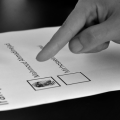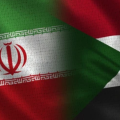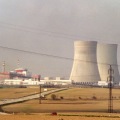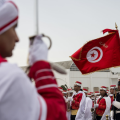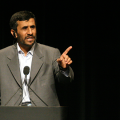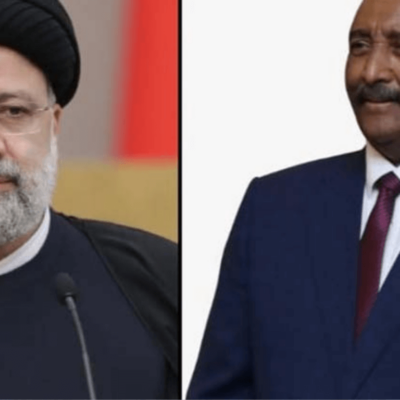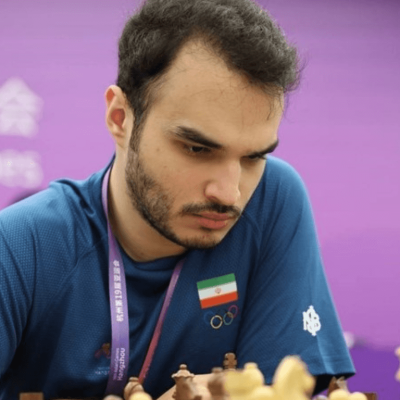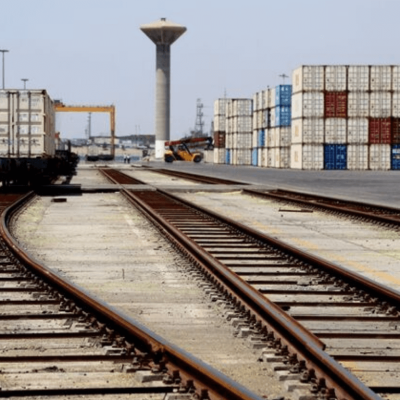How Iran is Preparing for Elections After their President’s Death
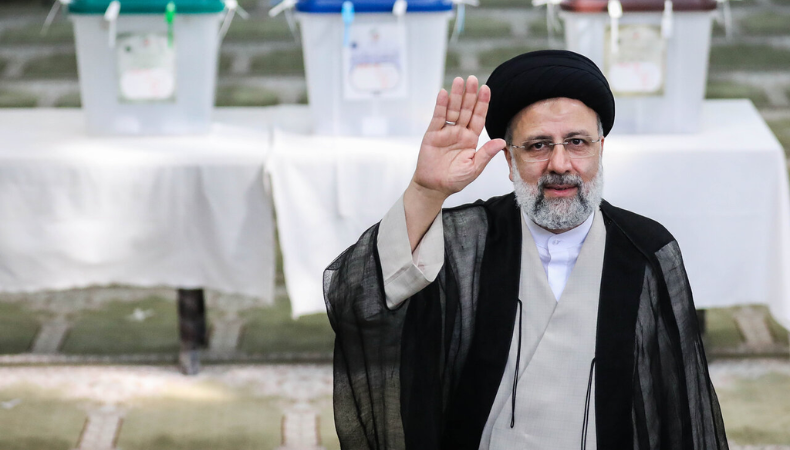
In a nation steeped in tradition and political intricacies, the untimely demise of President Ebrahim Raisi in a tragic helicopter crash has sent ripples through Iran’s societal fabric. The mourning period, marked by significant public gatherings and nationwide sorrow, has not only been a time of reflection but also a pivot point for Iran’s political future.
Election Fever Heats Up
As the dust settles on the somber funeral ceremonies, attention swiftly turns to the impending election slated for June 28. The conservative camp, rallying for a successor aligned with Supreme Leader Ayatollah Ali Khamenei, has intensified the candidate vetting process by the Guardian Council. The Council’s decisions will be pivotal in shaping the electoral landscape and determining the ideological leanings of Iran’s next leader.
The Contenders Emerge
A diverse array of political figures has emerged, eager to fill the void left by Raisi. Interim President Mohammad Mokhber, a close ally of Khamenei, is seen as a strong contender, leveraging his current position to consolidate support. Parliament speaker Mohammad Bagher Ghalibaf, known for his pragmatic approach, brings substantial legislative experience to the race. Former officials and technocrats, each with their unique vision for Iran’s future, add to the competitive atmosphere.
Notably, ultraconservative former nuclear negotiator Saeed Jalili has declared his candidacy, advocating for a hardline stance on both domestic and international issues. In contrast, moderate candidates like Mohammad Javad Zarif, the former Foreign Minister known for his role in the 2015 nuclear deal, and centrist Ali Larijani, who has a reputation for political moderation and reformist tendencies, offer a more diplomatic and progressive vision.
The Ahmadinejad Factor
Adding to the electoral intrigue is the enigmatic former President Mahmoud Ahmadinejad. His intentions remain shrouded in ambiguity, with his political maneuvers closely watched by both supporters and detractors. Ahmadinejad’s potential entry into the race could significantly alter the political landscape, given his populist appeal and contentious tenure. His involvement could polarize voters and introduce an unpredictable element to the already complex election dynamics.
The Shadow of Unrest
Iran’s recent history has been marred by protests and public dissent, most notably the nationwide demonstrations following Mahsa Amini’s death in custody. The upcoming election presents a critical juncture for Iran’s “protesting community” to potentially influence the nation’s trajectory through their participation or abstention. The widespread public discontent, fueled by economic hardship, political repression, and social injustice, underscores the urgency for change and the high stakes of the electoral outcome.
The Role of International Relations
The election’s outcome will also have profound implications for Iran’s international relations. Amidst ongoing tensions with the United States and regional adversaries, the new president’s foreign policy stance will be crucial. Candidates like Zarif and Larijani, who favor diplomatic engagement, contrast sharply with hardliners like Jalili, who advocate for a more confrontational approach. The election could either pave the way for renewed negotiations and potential easing of sanctions or exacerbate existing conflicts and isolation.
Keep on Reading
Conclusion: A Nation at a Crossroads
As Iran stands at a crossroads, the world watches with bated breath. The outcome of this election will not only shape Iran’s domestic policy but also its international relations amidst ongoing tensions and economic challenges. The path Iran chooses will reverberate across the geopolitical landscape, underscoring the significance of the vote for a successor.
The political uncertainty following Raisi’s death and the upcoming election has sparked intense debate and speculation. It is a defining moment for Iran, with the potential to alter the country’s direction for years to come. The engagement of the electorate, the decisions of the Guardian Council, and the strategies of the candidates will all play a crucial role in determining Iran’s future. This election is more than a political contest; it is a critical juncture that will shape the nation’s destiny and its place in the global community.

